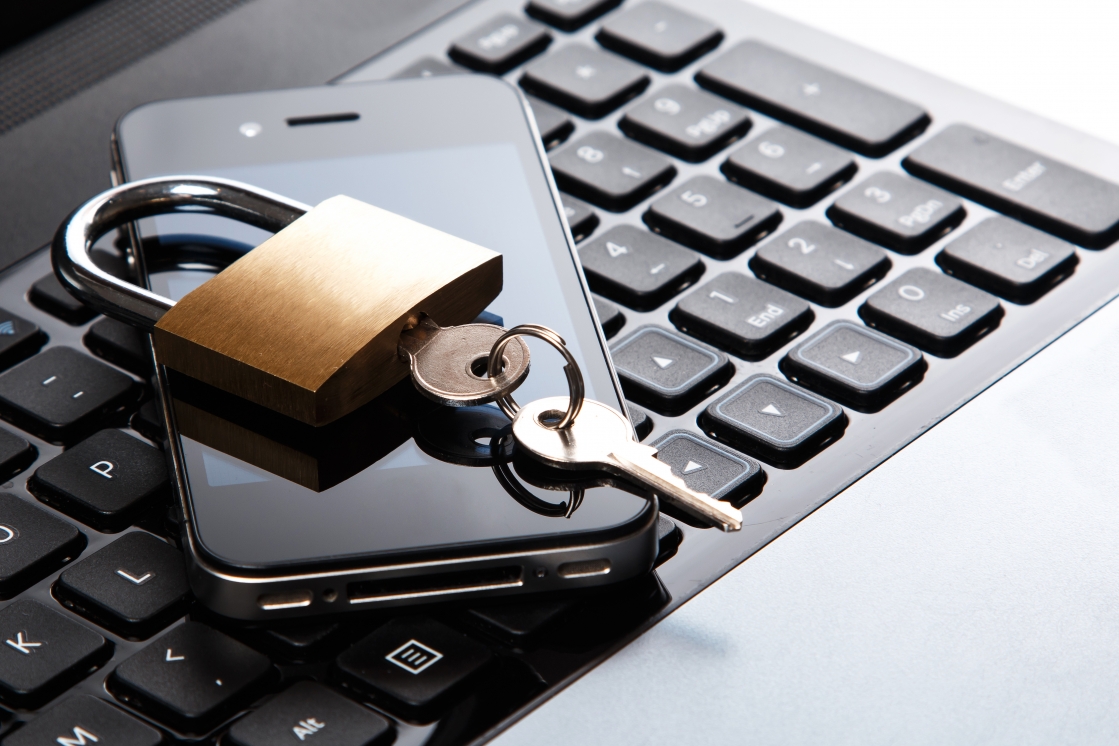What information should I worry about online?

From our smartphone to our home computer, we can basically access whatever we like over the internet, whenever we want. Need to book a hair appointment? No problem. Want to do your weekly grocery shopping? Done. The online world makes things a lot easier and more convenient in many ways, but there are times it can be a bit like a black hole - and you've got to be careful about what it sucks in.
Crafty cyber criminals have come up with whole new ways to access your personal information, but with so much of your data floating around in the digital space, it's hard to keep track of it all. This puts you at risk of identity theft. According to research from the Australian Attorney-General's Department, the average cost of identity crime can run over $4000 per incident1 - and that's not to mention all the stress involved!
Identity theft doesn't need to stop you using the internet, but it pays to be careful with what details you release. Here are some of the most common pieces of information that crooks typically try to nab.
1. Payment information
Dollar signs are a big draw card for criminals. Your credit card details and banking information are obvious choices, enabling crooks to make off with large sums - and potentially leave you with massive debts to sort out. But payment information isn't only used for making big-ticket purchases. It can actually be a way for crooks to get away with a whole range of criminal activities, such as fraud and money laundering.
Not only that, but they can even be traded on the black market for large amounts of money. A report from the Attorney-General's Department found that fraudulent credit card details have one of the biggest price tags, selling at around $1,000 in the internet's underground1.
2. Authentication details
It's unsurprising that criminals seek out passwords or usernames. Whether it's something as lucrative as your online banking login, or information stored on your social media profile, stealing authentication data can be a relatively easy way for them to get access to a huge selection of sensitive information. Just think how many accounts they'll be able to get into if they got hold of yours!
Passwords are especially vulnerable, particularly if you're using the same one across a variety of different platforms. It's not just your habits that put you at risk, either. Intrusive software like spyware can actually record your keystrokes - including your password and username!
3. Address, birth dates and phone numbers
We don't normally think twice before giving out this kind of information - after all, in the world of Facebook and Twitter, people can easily find these tidbits of your life anyway, right? But this simple data can open you up to fraud. Cyber cons can use them to send you targeted scam emails, text messages or mail. They can even be misused to manipulate your identity, or to apply for official documents.
As you can see, criminals can use your personal details for a wide range of activities - and it can be time-consuming and costly to fix. For greater peace of mind - and for about the price of just one coffee a month ($3.99 or $47.88 for a yearly subscription) - get our team of experts at Identity Watch on your side. They can keep a close watch on illegal internet forums and alert you if your details are being traded for money.
1 Identity crime and misuse in Australia: Key findings from the National Identity Crime and Misuse Measurement Framework Pilot. Australian Attorney-General's Department. October 2014.
